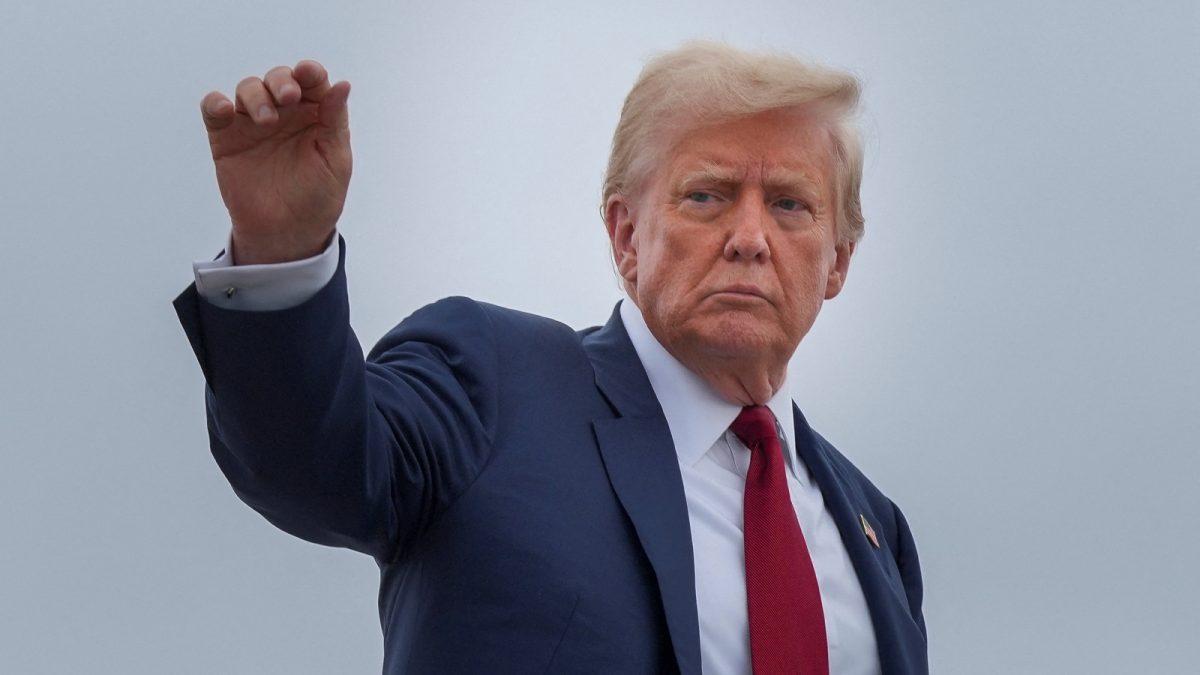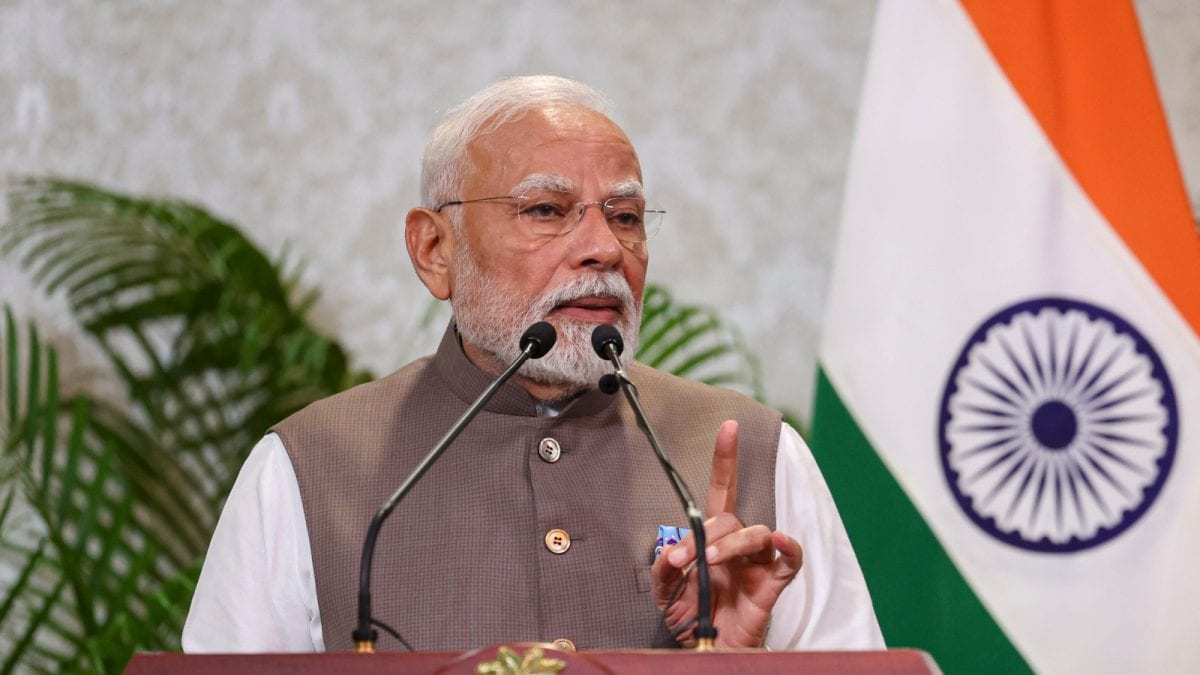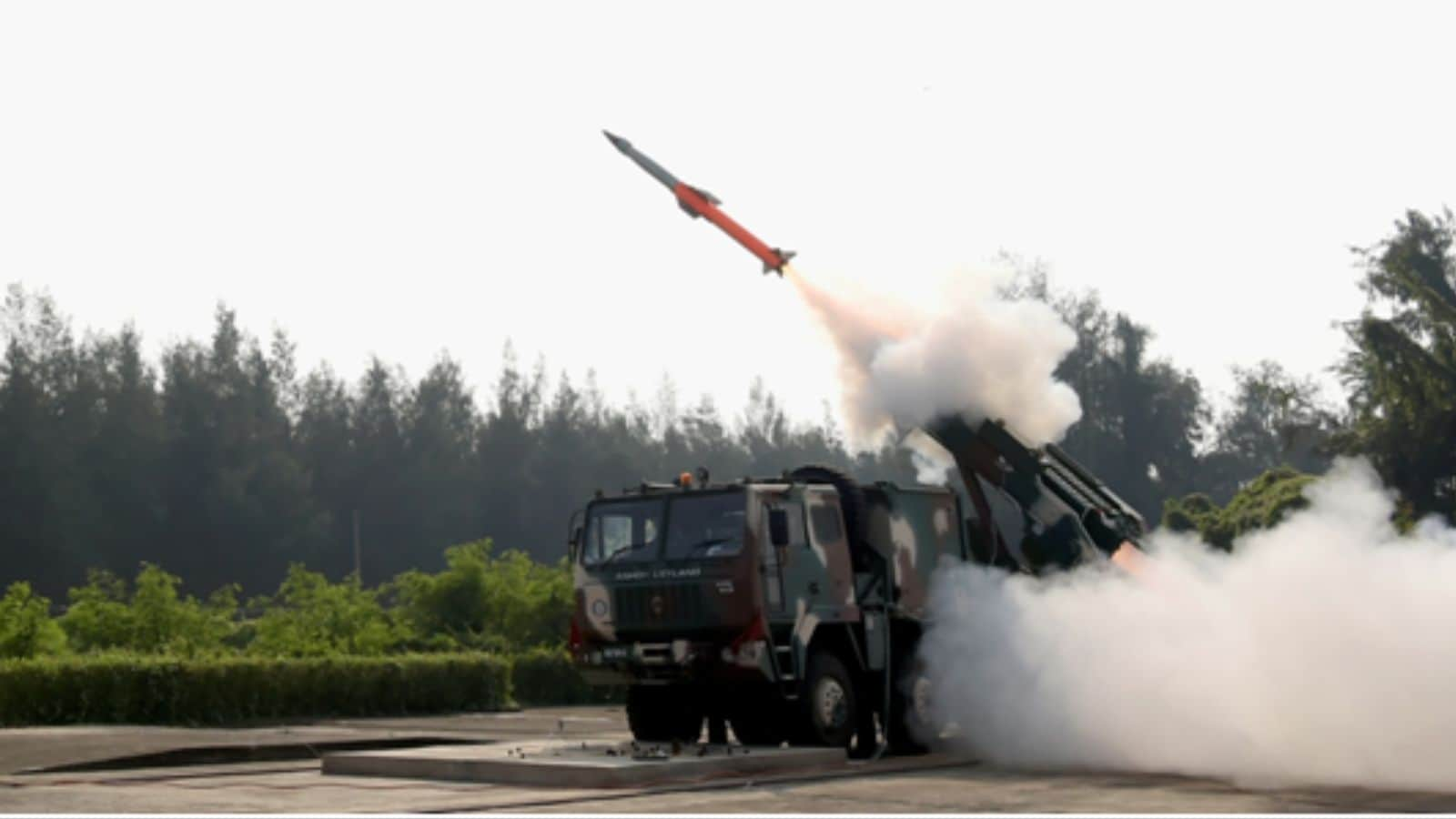ARTICLE AD BOX
 The counsel told the bench, also comprising Justice K Vinod Chandran, that “an important issue like this, they (legislators) are not acting upon, the vacuum is still continuing”. (Representational Image)
The counsel told the bench, also comprising Justice K Vinod Chandran, that “an important issue like this, they (legislators) are not acting upon, the vacuum is still continuing”. (Representational Image)
The Supreme Court on Friday refused to entertain a petition seeking application of the Sexual Harassment of Women at Workplace (Prevention, Prohibition and Redressal) Act, 2013, known as the POSH Act, to political parties, saying it falls in the domain of the policymakers.
“The prayer made in the petition is exclusively within the competence of the legislature or within the domain of policy of the executive. As such, we are not inclined to entertain,” Chief Justice of India (CJI) B R Gavai, presiding over a two-judge bench, told senior advocate Rekha Gupta, who pressed for the court’s intervention.
The counsel told the bench, also comprising Justice K Vinod Chandran, that “an important issue like this, they (legislators) are not acting upon, the vacuum is still continuing”.
CJI Gavai suggested, “There must be not less than 25-30 MPs who are women. Ask them to present a private bill.”
The counsel said that she was not seeking a direction to Parliament to legislate but only interpretation as to what constitutes ‘workplace, employer and employee’ under the Act because a Kerala High Court judgment says it will not apply to political parties.
The court said, in that case, she should challenge the high court order. The counsel said she would do so and sought permission to withdraw her petition.
The court allowed this and gave her “further liberty to take such steps as are advisable in law”.
Story continues below this ad
The POSH Act requires both public and private workplaces to set up an Internal Complaints Committee (ICC) to hear complaints of sexual harassment. The plea contended that when it comes to political parties, “the presence of Internal Complaints Committees (ICCs) to address sexual harassment is inconsistent”.
The petition said that despite the expansive definitions of “employee” and “workplace” in the Act, women engaged in political work, particularly at the grassroots, continue to face rampant sexual harassment with no structured mechanism in place to address this.
Citing UN Women (2013) and the Inter-Parliamentary Union (2016) studies, it said psychological and sexual harassment in political spaces is not isolated but systemic. It added that political work is a form of employment or engagement and must be recognised as such under the Act to ensure protection and accountability.



.png)
.png)
.png)


























 English (US) ·
English (US) ·